Evolutionary Impact of Gaming on Cultural Fabric
Published: 6:06 AM
Table Of Content [Close]
Gaming has transcended the realms of mere entertainment to become a cornerstone shaping modern cultural landscapes.
Its pervasive influence extends far beyond consoles and screens, infiltrating societal norms, perceptions, and even the essence of human interaction.
The impact of gaming on culture is a dynamic force that has catalyzed profound transformations across various spheres.
Cultural Fusion and Diversity Amplification
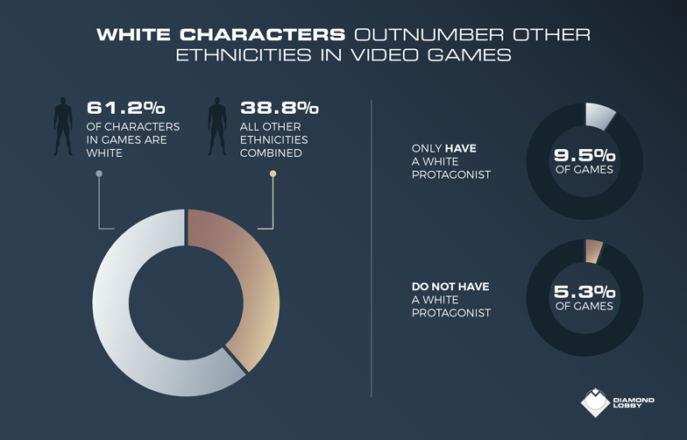 |
| Embracing diversity through gaming |
Gaming serves as a melting pot where diverse cultures converge, transcending geographical boundaries.
Through storytelling, aesthetics, and immersive experiences, games embrace multifaceted cultural elements, fostering appreciation and understanding of different heritages.
Titles like "Assassin's Creed" or "Ghost of Tsushima" intricately weave historical contexts and cultural nuances, offering players a deeper immersion into unfamiliar worlds while celebrating diversity.
Shifts in Social Dynamics and Interaction
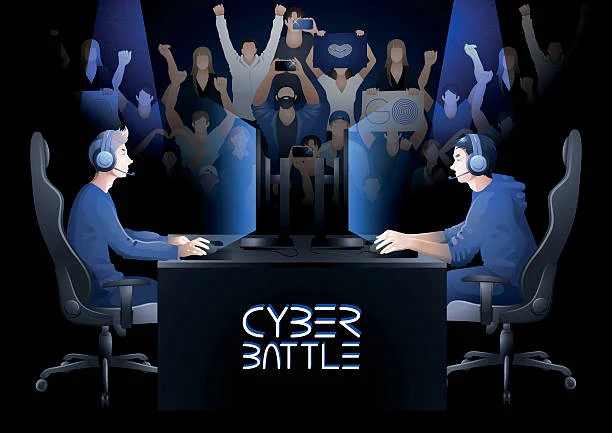 |
| Transforming social connections in gaming |
The social dimension of gaming has revolutionized how individuals communicate and form communities.
Online multiplayer games serve as virtual meeting grounds, where people from disparate backgrounds unite, forming friendships that transcend physical distances.
Platforms like Twitch and Discord have evolved into digital town squares, nurturing subcultures, memes, and shared experiences, often giving rise to new cultural phenomena.
Narrative Reflection and Ethical Debates
 |
| Provoking ethical discourse through gaming narratives |
Games act as mirrors, reflecting societal values and ethical dilemmas.
Titles like "The Last of Us Part II" or "Detroit: Become Human" provoke contemplation on intricate moral choices, blurring the line between right and wrong.
These narratives spark discussions, propelling cultural dialogues on crucial issues such as morality, artificial intelligence, and the human condition.
Cultural Economies and Creativity
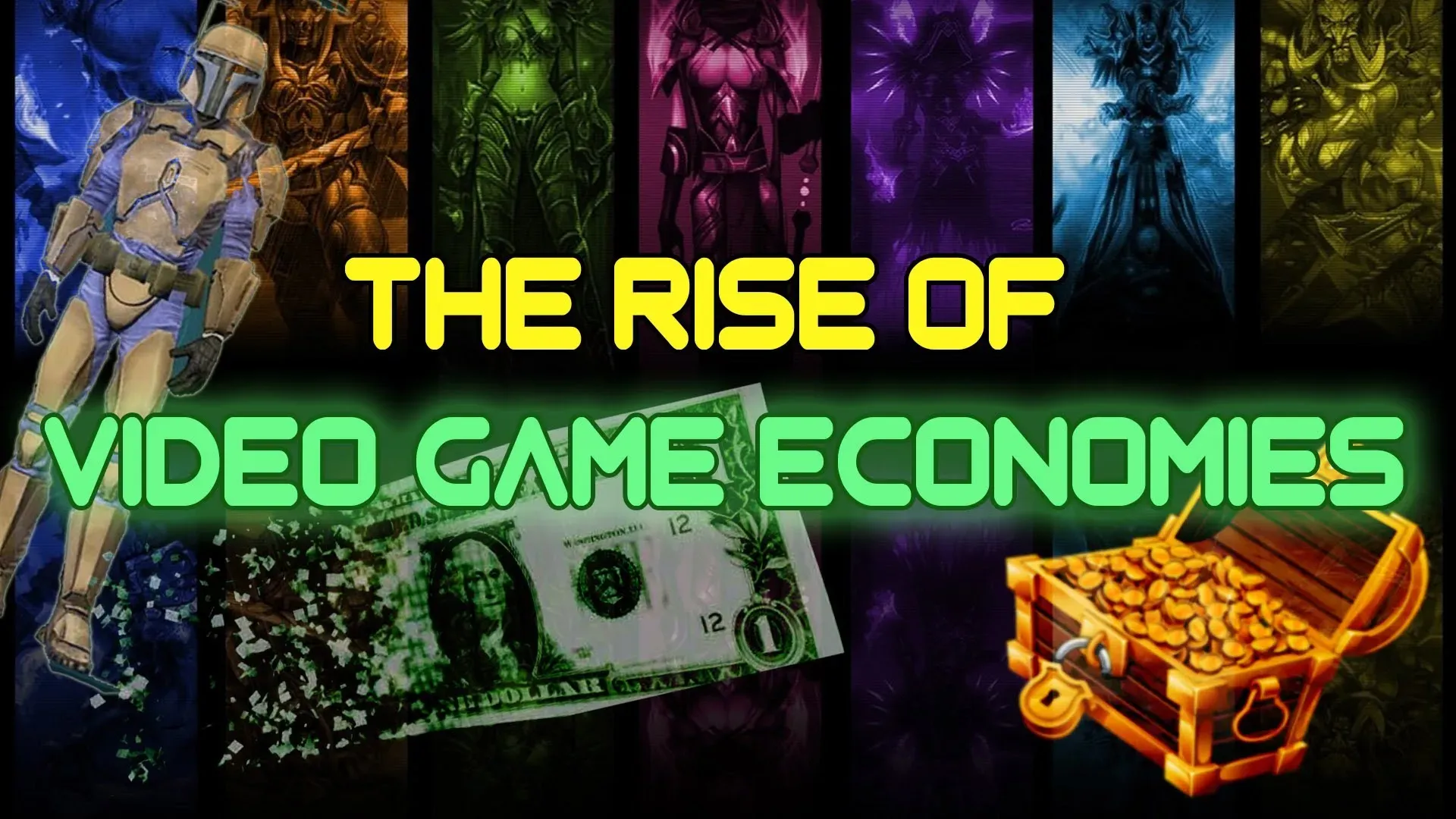 |
| Fueling creativity within gaming economies |
The gaming industry fuels economic growth while fostering creativity. From indie studios to AAA developers, the creation of games involves collaboration across diverse talents, including writers, musicians, artists, and programmers.
Fan art, cosplay, and game-related content creation further amplify the cultural impact, spawning new avenues for artistic expression and entrepreneurship.
Educational Paradigm Shift and Cognitive Development
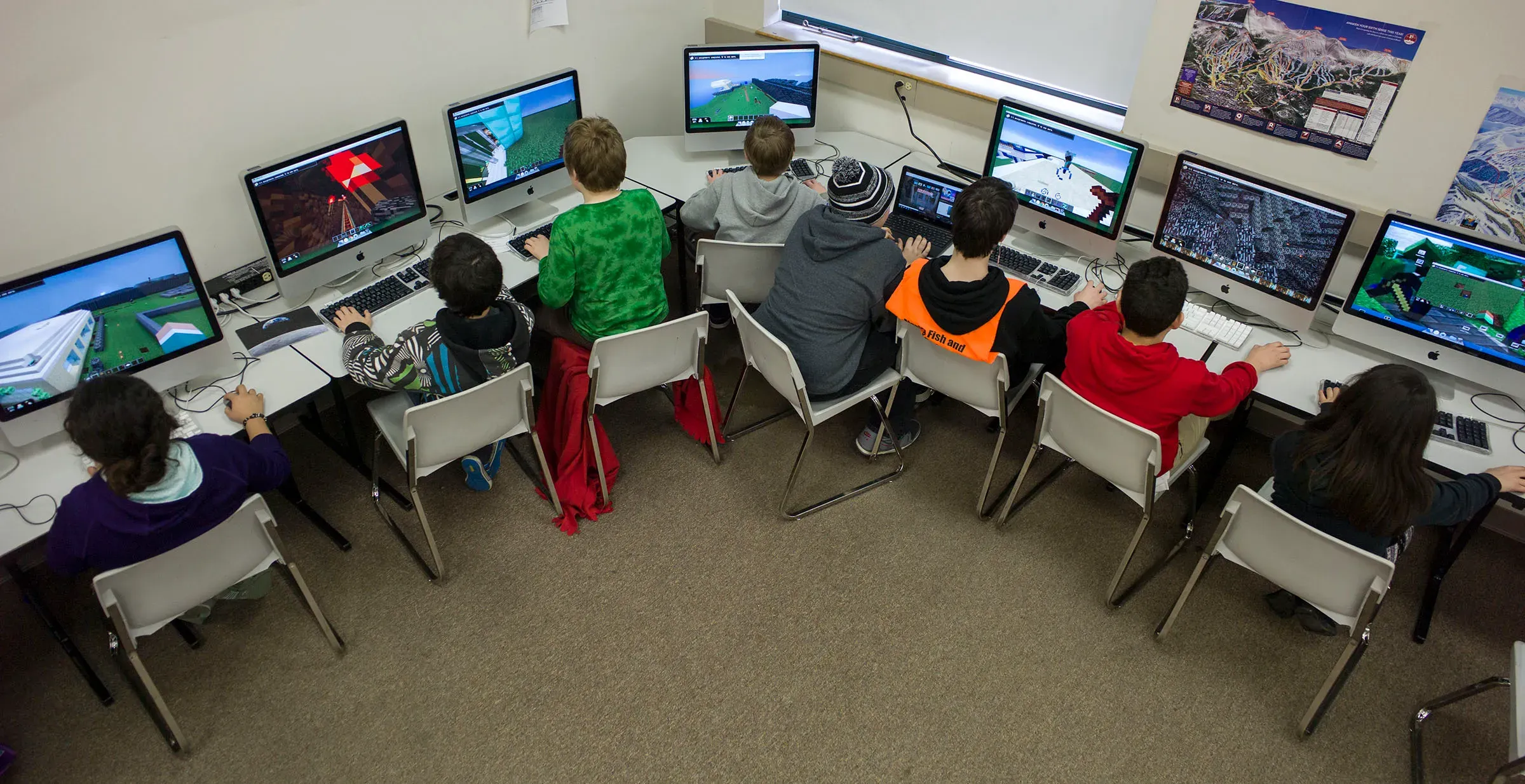 |
| Revolutionizing education through gaming |
Gaming has infiltrated education, redefining learning methodologies.
Serious games and gamified learning experiences engage students by merging entertainment with education.
They facilitate skill development, critical thinking, and problem-solving, reshaping how knowledge is acquired and retained, thus influencing cultural perceptions regarding traditional education.
How Do Video Games Influence Societal Values?
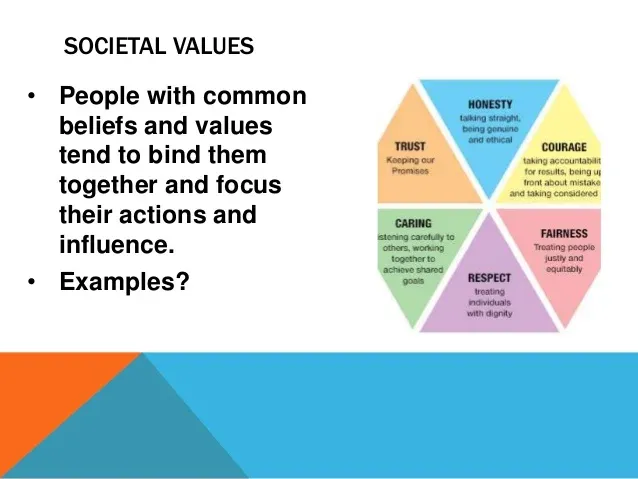 |
| Gaming's impact on societal values |
Video games serve as a significant influencer in shaping societal values, albeit often in nuanced and multifaceted ways.
These digital interactive experiences wield a considerable impact on the perceptions, attitudes, and values held by individuals and communities at large.
Firstly, the narratives and themes portrayed in video games contribute to shaping societal values by reflecting and sometimes challenging prevailing norms.
Games are powerful storytelling mediums, and the moral dilemmas, character development, and overarching storylines embedded within them often mirror real-world complexities.
Titles like "Bioshock" or "The Witcher" compel players to make choices that challenge ethical boundaries, fostering contemplation on the consequences of their actions.
As these games prompt individuals to confront and navigate various moral quandaries, they can subtly influence perspectives on issues like empathy, justice, and personal responsibility, thereby impacting societal value systems.
Secondly, video games play a pivotal role in the cultivation of social norms and behaviors, particularly among younger generations.
Many games emphasize teamwork, problem-solving, and strategic thinking, instilling values of collaboration and perseverance.
Conversely, certain games may perpetuate stereotypes or present skewed perspectives, inadvertently reinforcing societal biases.
However, the diversity of gaming experiences allows for a broad spectrum of values to be portrayed, offering opportunities to challenge and reshape societal perceptions.
Additionally, the community dynamics within gaming environments contribute significantly to the influence on societal values.
Multiplayer games create virtual spaces where individuals from diverse backgrounds converge, fostering social interactions and cultural exchanges.
These interactions can shape attitudes towards inclusivity, tolerance, and diversity as players engage and collaborate with others from different cultures, fostering empathy and understanding.
Impact Of Esports On Cultural Acceptance
 |
| Embracing cultures through esports |
Esports, the competitive world of professional gaming, has emerged as a global phenomenon, transcending geographical boundaries and cultural barriers.
Its impact on cultural acceptance is profound, fostering a paradigm shift in how society perceives gaming and its place within mainstream culture.
One significant aspect of esports is its ability to create a common ground for diverse cultures to converge.
Tournaments and events draw participants and spectators from around the world, breaking down cultural barriers as individuals unite through their passion for gaming.
Players from different backgrounds, nationalities, and ethnicities compete on equal footing, showcasing talent and skill regardless of cultural differences.
This shared love for the game fosters a sense of unity, promoting cultural acceptance and appreciation among diverse communities.
Esports' mainstream visibility has played a pivotal role in reshaping societal attitudes towards gaming.
Once seen as a niche hobby, competitive gaming has now entered the spotlight, gaining recognition as a legitimate form of sport and entertainment.
This acceptance has led to increased representation and diversity within the gaming industry.
Players from various cultural backgrounds have risen to prominence as esports athletes, serving as role models and ambassadors for their communities.
As a result, gaming is becoming more inclusive, fostering a sense of belonging and acceptance among individuals who may have previously felt marginalized within traditional sports or entertainment spheres.
Moreover, the accessibility and global reach of esports have contributed to cultural exchange and understanding.
Livestreamed tournaments and gaming content transcend language barriers, allowing fans worldwide to connect, share experiences, and support their favorite teams or players.
This interconnectedness promotes cultural exchange, where fans not only celebrate gaming but also learn about different customs, languages, and traditions, fostering a more tolerant and globally aware audience.
The impact of gaming on culture has been profound and multifaceted, reshaping societal norms, entertainment preferences, and even fostering new forms of social interaction.
Games like "The Last of Us" have served as influential cultural touchstones, transcending mere entertainment to become platforms for immersive storytelling and emotional engagement.
They have sparked discussions on narrative complexity, character development, and ethical dilemmas within gaming communities.
This evolution has also seen gaming become a significant part of contemporary culture, influencing art, music, fashion, and more.
For a closer look at how games like "The Last of Us" have contributed to this cultural shift, check out this insightful review on the impact of "The Last of Us" by exploring its narrative depth, gameplay mechanics, and resonance within our cultural landscape.
The Evolution Of Gaming In Popular Culture
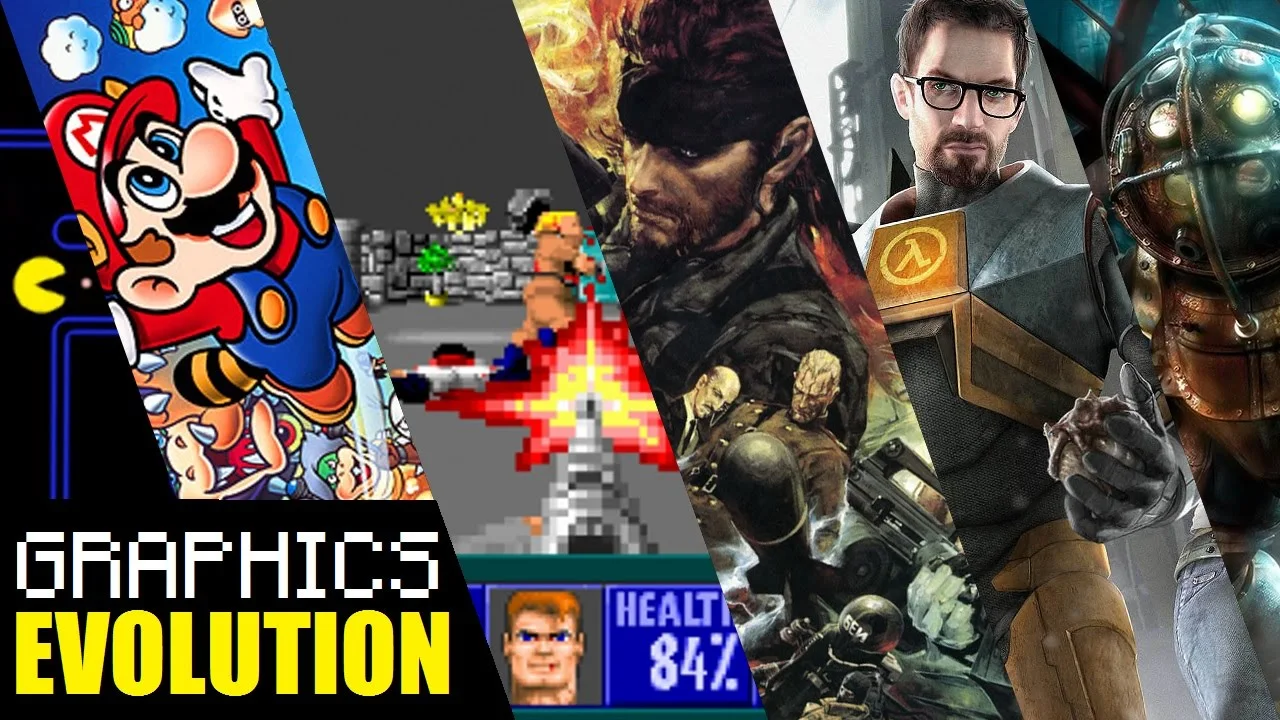 |
| Gaming's journey in popular culture |
Gaming has undergone a remarkable evolution, transcending its origins as a niche hobby to becoming a central pillar of popular culture.
Its journey through various decades reflects a transformative narrative that has deeply influenced entertainment, technology, and societal norms.
Rise from Niche Hobby to Mainstream Phenomenon
Gaming's ascent from the arcades of the '70s and '80s to today's ubiquitous consoles and mobile platforms illustrates its evolution.
Cultural Icons and Crossover Influence
The emergence of iconic gaming characters such as Mario, Sonic the Hedgehog, and Lara Croft transcended the gaming realm, becoming cultural icons.
Technological Advancements and Cultural Integration
Technological advancements have been pivotal in gaming's evolution. The shift from pixelated 2D graphics to immersive 3D worlds revolutionized gaming experiences.
Gaming Communities and Social Influence
The rise of gaming communities, both online and offline, played a crucial role in shaping gaming's integration into popular culture.
Evolution in Representation and Diversity
Gaming's evolution in popular culture has also witnessed strides in representation and diversity.
Initially perceived as a pastime for a niche audience, gaming gradually expanded its reach.
Blockbuster games like "Super Mario Bros." and "Tetris" became household names, laying the foundation for gaming's integration into popular culture.
The advent of consoles like the Nintendo Entertainment System (NES) and Sega Genesis made gaming more accessible, contributing to its mainstream appeal.
These characters became synonymous with not just gaming but also merchandising, cartoons, and even movies, further embedding gaming in popular culture.
The crossover influence between gaming and other media forms expanded gaming's footprint, contributing to its pervasive presence in society.
Innovations like online multiplayer capabilities and virtual reality (VR) further blurred the lines between reality and the gaming universe.
As gaming technology advanced, its integration with popular culture deepened.
Games started addressing complex narratives, tackling social issues, and collaborating with film, music, and fashion industries, amplifying their cultural impact.
Platforms like Twitch and YouTube transformed gamers into influencers and entertainers, attracting millions of viewers.
Esports, with its massive tournaments and dedicated fan bases, propelled gaming into the realm of competitive sports, further solidifying its place in popular culture.
The industry has made efforts to be more inclusive, depicting diverse characters and narratives that resonate with broader audiences.
This shift has led to more nuanced storytelling, breaking stereotypes, and appealing to a wider spectrum of players.
Video Games And Their Role In Shaping Cultural Identities
 |
| Shaping cultural identities through gaming |
Video games have become a significant medium for shaping and expressing cultural identities, offering a platform for diverse narratives and representations.
Through rich storytelling and immersive experiences, games like "Never Alone" and "Ico" encapsulate cultural elements, allowing players to engage deeply with various cultural backgrounds and traditions.
These representations serve as a means for individuals to understand and appreciate different cultural identities, fostering a sense of empathy and interconnectedness.
Moreover, video games play a pivotal role in preserving and reviving cultural heritage.
Titles such as "Assassin's Creed Origins" meticulously recreate historical settings, contributing to the preservation of cultural landscapes and narratives that might otherwise be lost to time.
By interacting with these virtual worlds, players not only gain insight into cultural histories but also actively participate in the perpetuation of cultural identities, creating a bridge between the past and present.
Furthermore, gaming communities serve as inclusive spaces where cultural expression thrives.
Through fan creations, discussions, and events within these communities, individuals celebrate and share their cultural backgrounds, fostering a sense of unity and pride.
The fusion of various cultural elements in games like the "Final Fantasy" series showcases how gaming can blend diverse influences, creating new universes that resonate with global audiences and highlighting the beauty of cultural diversity.
Positive Effects of Gaming on Social Interactions
 |
| Fostering positive social interactions in gaming |
Contrary to popular belief, gaming offers numerous positive impacts on social interactions, fostering connections and enhancing interpersonal skills in various ways.
Formation of Social Bonds and Communities
Gaming serves as a platform for forging meaningful social connections.
Development of Communication and Collaboration Skills
Engaging in multiplayer games hones communication and collaboration skills.
Encouragement of Prosocial Behaviors and Empathy
Gaming experiences can nurture prosocial behaviors and empathy.
Facilitation of Social Integration and Inclusion
Gaming transcends barriers related to age, gender, ethnicity, and physical location, promoting inclusivity and social integration.
Multiplayer games encourage teamwork, cooperation, and communication among players, leading to the formation of friendships that extend beyond the gaming world.
Online gaming communities on platforms like Discord or in-game chat functions provide spaces for individuals with shared interests to interact, collaborate, and support each other, irrespective of geographical barriers.
These communities often become avenues for people to find like-minded individuals, leading to lasting friendships and even offline interactions.
Effective teamwork often necessitates clear communication, strategizing, and adapting to different play styles, fostering skills essential in real-life social interactions.
Whether it's coordinating tactics in a battle or solving puzzles together, gamers learn to listen, negotiate, and work towards common goals, contributing positively to their ability to collaborate in various social settings.
Games that involve helping teammates, sharing resources, or even supporting strangers in online environments instill a sense of empathy and altruism.
Furthermore, story-driven games with complex characters and narratives evoke emotional responses, fostering empathy and understanding of different perspectives.
These experiences can translate into increased empathy and understanding in real-life interactions, leading to more considerate and compassionate social behaviors.
Online gaming environments provide opportunities for individuals who might feel marginalized in traditional social settings to find a sense of belonging.
Additionally, gaming can serve as a bridge for people with social anxiety or those on the autism spectrum to practice social skills in a more comfortable and controlled environment, potentially aiding in their social integration.
Exploring The Cultural Significance Of Gaming Art
 |
| Unveiling gaming art's cultural significance |
Gaming art stands at the intersection of technology, storytelling, and artistic expression, holding significant cultural value in contemporary society.
Visual design in video games transcends mere aesthetics; it serves as a powerful tool for conveying narratives, evoking emotions, and shaping cultural experiences.
From concept art to in-game visuals, gaming art encapsulates the essence of diverse cultures, historical epochs, and imaginative worlds, contributing to the cultural tapestry of our times.
Artistic direction in games often mirrors cultural influences, drawing inspiration from various artistic movements, architectural styles, and mythologies.
Games like "Ōkami" with its sumi-e ink wash aesthetics or "Journey" with its minimalist yet emotionally evocative visuals exemplify how gaming art draws from cultural motifs, offering players an immersive experience rooted in cultural symbolism and storytelling.
These visual elements serve as a gateway for players to engage with different cultural identities, fostering appreciation and understanding of diverse artistic traditions.
Furthermore, gaming art has become a catalyst for artistic innovation and collaboration.
The fusion of traditional art techniques with cutting-edge technology in game development leads to stunning visual landscapes and imaginative worlds.
Artists, animators, and designers collaborate to create visually striking environments and characters that resonate with global audiences.
This collaboration not only showcases the evolution of artistic expression but also influences contemporary art movements, blurring the boundaries between gaming art and traditional art forms.
Impact of Video Games on Language Development in Children
 |
| Influence of gaming on language development |
Video games, when used judiciously and age-appropriately, can have both positive and negative impacts on language development in children.
Vocabulary Expansion and Reading Skills
Certain video games, especially those with rich narratives and complex worlds, can contribute to vocabulary expansion in children.
Communication and Social Interaction
Multiplayer video games encourage communication and social interaction among players.
Language Context and Problem-Solving
Many video games present challenges that require problem-solving skills and critical thinking.
Games with text-heavy dialogue, descriptive elements, and intricate storylines expose players to a wide range of words and phrases.
Furthermore, games often require players to read instructions, dialogues, quest descriptions, and other textual information, inadvertently enhancing their reading comprehension and literacy skills.
Engaging in cooperative or competitive gameplay often involves using voice chat or text communication to strategize, collaborate, or interact with teammates or opponents.
This interaction can help children develop verbal and written communication skills as they learn to express themselves clearly, negotiate, and work together in a social gaming environment.
These games often involve deciphering clues, analyzing information, and making decisions based on contextual cues.
By engaging in these activities, children improve their language context comprehension, learning to interpret and apply information within the game's narrative, thus honing their language skills and logical reasoning.
Spending excessive time gaming may lead to reduced time for other activities crucial for language development,
such as reading books, engaging in face-to-face conversations, or participating in educational activities.
In essence, gaming is an ever-evolving cultural catalyst, continuously shaping and redefining societal norms, values, and interactions.
Its impact resonates not just within the confines of the gaming community but extends its tendrils into the broader fabric of global culture, leaving an indelible mark on the collective human experience.








